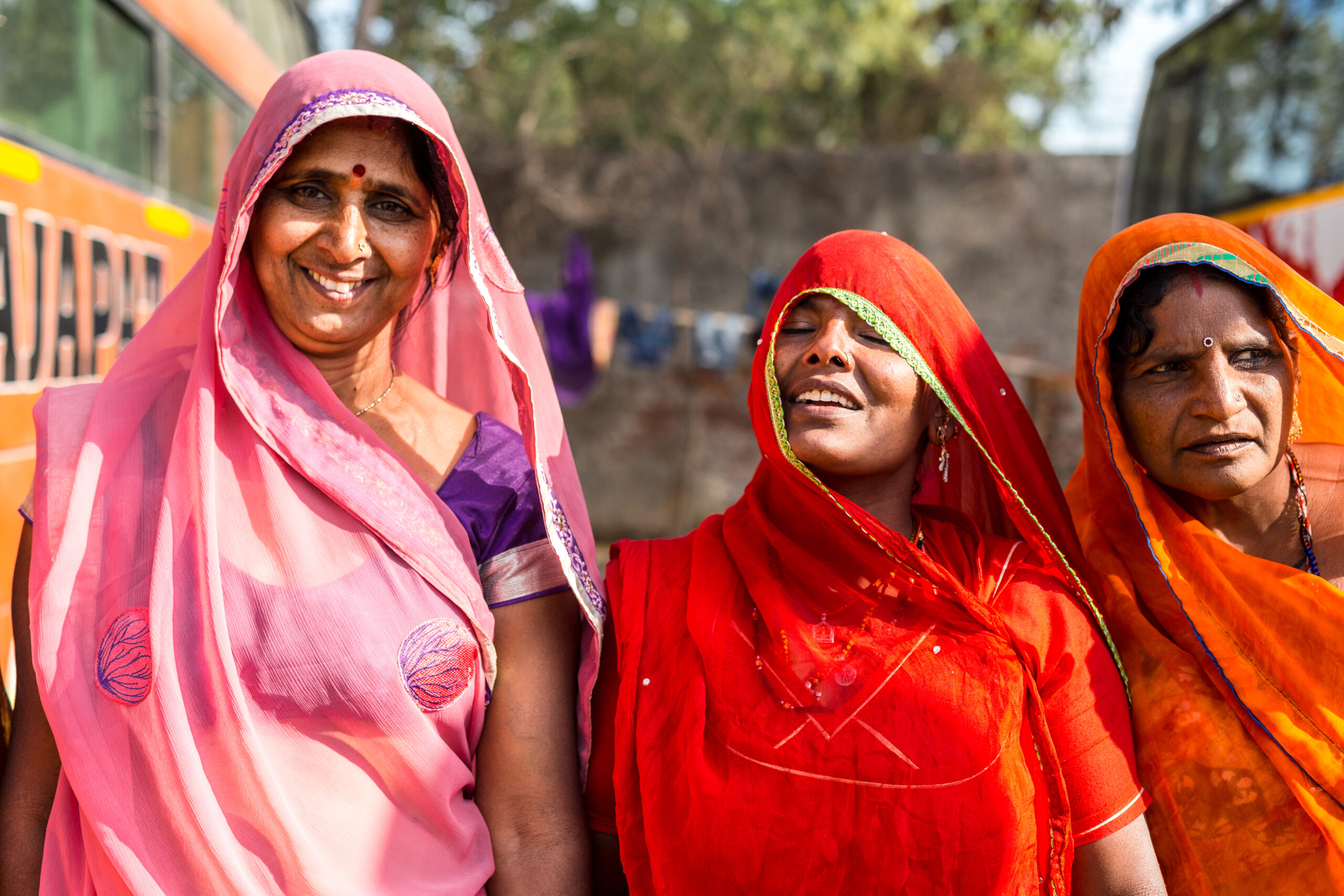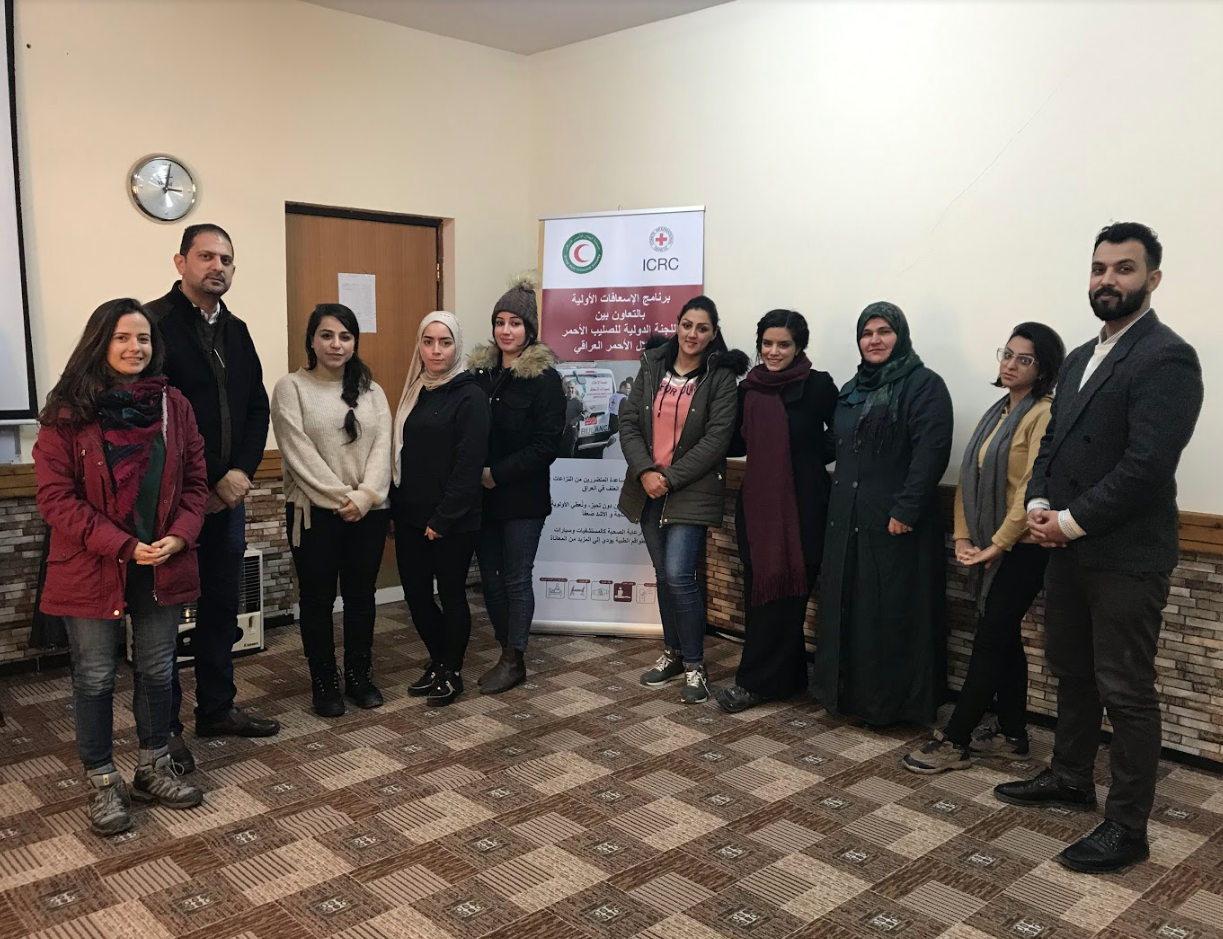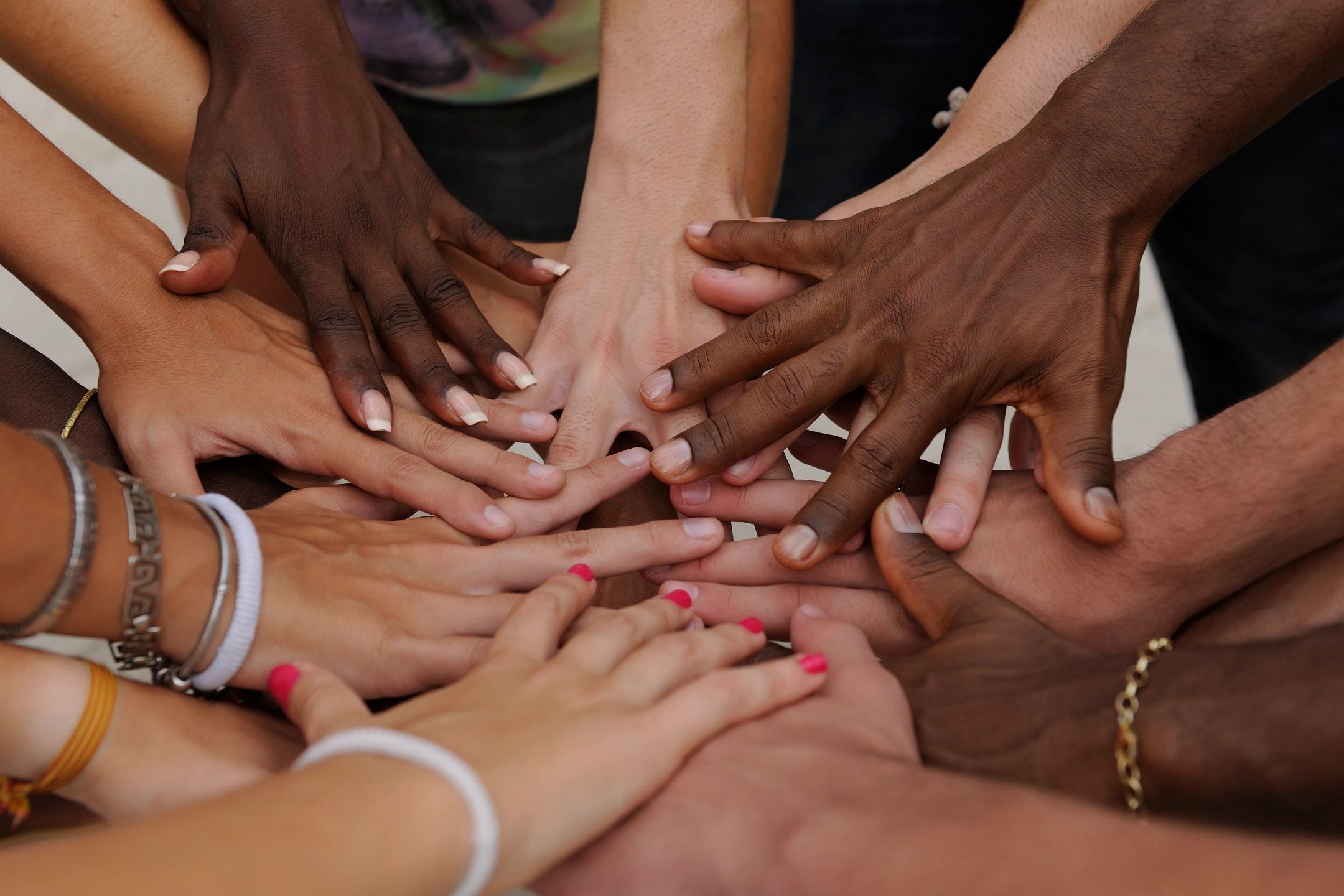The importance of essential gynaecological skills for the health and well-being of women in the developing world
Home »The EGS programme of the Royal College of Obstetricians and Gynaecologists
IWORDS Global was commissioned by the Royal College of Obstetricians and Gynaecologists (RCOG) to develop a strong case to support the delivery of the Essential Gynaecology Skills (EGS) programme to support applications for funding, advocacy events, and presentations of results to best leverage opportunities. The case for support included a literature review, case studies, a donor landscape, and partner mapping.
Our team, with years of well-tracked experience in sexual and reproductive health and rights, resource mobilization, and documentation developed a gynaecological burden disease analysis. This analysis explored the trends of the gynaecological disease in the developing world between 1990–2017, based on the Global Burden of Disease Study (2019). It also included four country case studies that examined the reality of the gynaecological conditions in 4 developing country settings: Nigeria, Uganda, Bangladesh, and Sri Lanka.
Numerous studies have revealed that gynaecological diseases are key contributors to women’s morbidity and mortality around the world. These diseases affect women’s health and quality of life far more than maternal health issues and other more funded and publicized diseases. Usually, the most highly impacted by this burden are women in low-resource countries (LRCs), where a lack of healthcare resources, particularly specialized healthcare staff, is frequent. Nevertheless, most of these gynaecological conditions are completely preventable and/or treatable using low-cost and commonly available resources and drugs.
As for the maternal and reproductive health field, gynaecological conditions have usually been overlooked, even in high-income/developed scenarios. It is considered as the ‘Cinderella’ of global women’s health, as well as under-represented in the international development goals. This omission goes from the research field to tangible interventions. For example, even in countries such as the UK, there is a palpable gap regarding gynaecological research.
This scenario is much worse in LRCs where the shortage of health resources along with challenging health priorities and humanitarian situations, usually push the women’s gynaecological issues into the background. Additionally, those conditions are usually under-represented in national health strategies. This situation has substantial impacts on women’s physical and mental well-being. It also has undeniable effects on countries’ economies, due to the morbidity and disability brought by the gynaecological conditions resulting in a loss of productive life.
The Royal College of Obstetricians and Gynaecologists (RCOG) has developed a unique and high-quality training initiative called ‘Essential Gynaecology Skills (EGS)’. This programme is a well-structured package of training developed by experts on gynaecological topics. It aims to improve the quality of healthcare for women with gynaecological diseases in low-resource settings and covering a broad range of gynaecological conditions, comprising 11 modules. This training package promotes a cost-effective/value for money and task-shifting/task-sharing approach. The EGS training is delivered in a way intended to fit and understand the realities of the countries and their healthcare systems.
Share…
More posts…
The importance of essential gynaecological skills for the health and well-being of women in the developing world
The importance of essential gynaecological skills for the health and well-being of women in the developing world The EGS programme of the Royal College of Obstetricians and Gynaecologists IWORDS Global was commissioned by…
Our experience with Danish Red Cross in Syria, Lebanon, and the Kurdistan Region of Iraq
Our experience with Danish Red Cross in Syria, Lebanon, and the Kurdistan Region of Iraq In November 2019, the Danish Red Cross (DRC) commissioned IWORDS Consulting to undertake the final evaluation of a special grant…
Read More Our experience with Danish Red Cross in Syria, Lebanon, and the Kurdistan Region of Iraq
Consultancy on comprehensive support in the institutional and financial strengthening process
Consultancy on comprehensive support in the institutional and financial strengthening process Guided by the principles of humanization, teamwork, development of human capacities, transparency, and good practices, ESAR, Oriéntame, and PROSER Foundations have contributed to guaranteeing the exercise…


